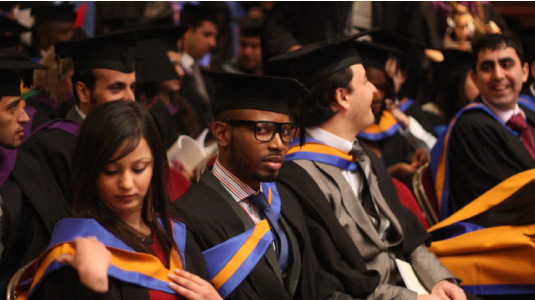SFC news published since 2018. See SFC archived content for earlier news articles.
Adrian Lui identifies a gap between perception and reality.


We live in a world of paradoxes.
Globally, there is more awareness of diverse identities than ever before, yet the recent spotlight on racism, sexism, homophobia and stigma around mental health suggests that we haven’t really moved on since the bad old days of the 1950s and 1960s.
Similarly, Scotland is commonly seen as a friendly and welcoming place yet sexual orientation hate crimes are on the rise, and racism remains the most common type of hate crime here.
Universities are regarded as places of development, exploration and liberation, yet across the sector there is a Black, Asian and Minority Ethnic (BAME) student attainment gap, and the Equality and Human Rights Commission (EHRC) has recently published the report of its enquiry into racial harassment in GB university campuses. EHRC does not do inquiries lightly.
I do not doubt that on a good day, the higher education sector and Scottish society more generally are safe and welcoming environments. But there is a real danger that if we only focus on the positive assumptions, we ignore the real and lived experiences of discrimination which leads to a complacent, ‘there’s no problem here’ attitude. Organisations can point to ambitious inclusion statements, glossy images and comprehensive policies that say the right things, but when a discrimination scenario presents itself in the form of a complaint, or through an informal chat, there is a real sense of contradiction.
Addressing this paradox is central to my professional role as an equality and diversity practitioner. Of course, we all want society and organisations to be inclusive spaces where people can be themselves and thrive, and we should recognise and celebrate the things that we do well. But we should all be very wary of complacency as there is overwhelming evidence nationally and internationally that equality is still a long way off. The university sector is best positioned, above all other sectors, to embrace the guidance and materials that are out there to embed anti-discrimination in everything that we do. Our business is knowledge and we have a powerful role to play in giving the right knowledge to our future leaders and decision makers.

